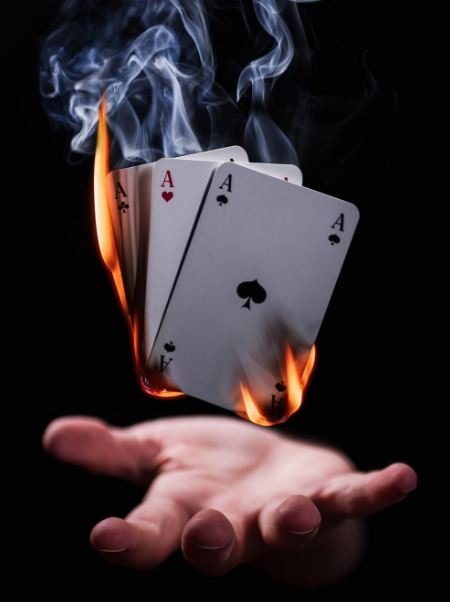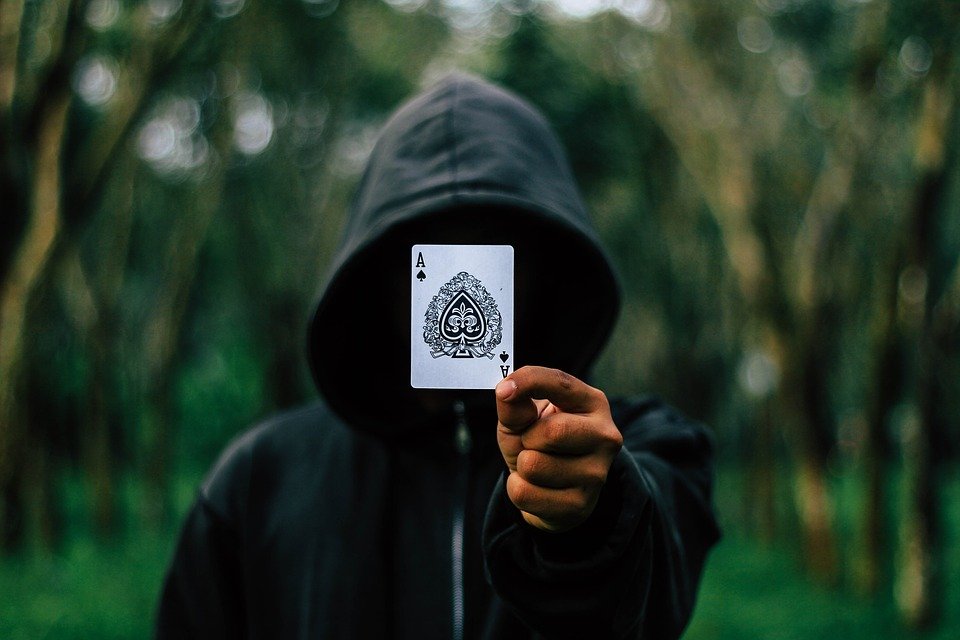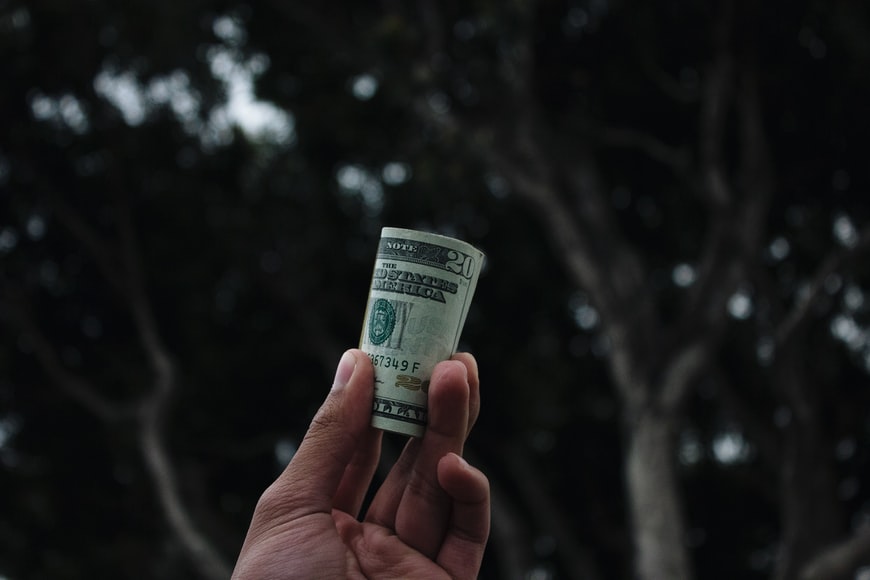Being a magician is both powerful and cool. The magician’s capacity to make magic happen, appear to happen distinguishes him from the rest of humanity and earns him respect and adoration in favorable circles. Being a true magician, as opposed to a dabbler, takes years of dedication. Successful magic is not something that can be accomplished in a single day. However, the sacrifices and frustrations of months of solitary practice will be significantly outweighed by the satisfaction and delight you will have from performing great magic, as well as the delight and excitement your audience will experience from seeing it.
This article does not wish to discourage you from pursuing a hobby as a magician. Instead, it’s designed to motivate you to get started right now! The sooner you start studying and practicing, the sooner you’ll be ready to dazzle the crowd.
Magic Details
| Category: Competition, Mental, Physical, Social | Time: 1-2 hrs | Skill: Lots |
| Initial Cost: $$ (51-100) | Space: little | People: alone, large |
| Long-Term Cost: Medium | Makes Money: Can, but not always | Location: indoor, outdoor |
The Basics of Magic
Consider some of the most impressive feats of magic you’ve witnessed. What do you recall from your childhood? How did you feel when you were going through it? What did you like the most about it?
You likely recall what the magician wanted you to remember. You were enthralled by the show’s awe and the magician’s manner of performance such as comedy, mystery, storytelling, eerie, shock & horror, whichever style appeals to you; are the questions you should be asking yourself about your target audience.
The Rules of Magic
Some rules are in place to benefit you personally, while others are in place to help the hobby as a whole. If you’re a good magician, these two will inevitably merge.
No matter how much someone pleads, begs, or threatens you, never reveal the secret of a trick or illusion to a non-magician.
You will not only disappoint yourself and any other magician who may wish to perform this trick, but you will also disappoint the audience. People almost always wish they hadn’t asked since the truth is so insignificant compared to its impact. It’s not in their best interests for them to know, and it’s certainly not in your best interests for you to tell.
Always practice any trick or illusion you plan to show non-magicians until you’ve perfected it where it appears to be magic.
You will feel quite dumb and reveal the secret if you make a hash of the trick. Do not allow this to happen.
Never Repeat a Trick and Scheme for the Same Audience.
They might notice the covert move if they know what’s coming and what to watch for. There are exceptions, such as when there is no secret move to make – but it’s still a good rule to follow.
For the same reason, never reveal the effect to the audience ahead of time.
You might be able to salvage anything if it goes wrong by turning it into a different trick, but you won’t be able to if you’ve already told them what’s going to happen. Furthermore, it may ruin the surprise. Make it crystal apparent what happened, but don’t tell them what will happen next.
Learn as much as you can from your other magicians, but don’t steal their ideas without giving them credit.
People will know that The Great Magini came up with the idea first. Therefore, you’ll be fooling no one and being dishonest. You can come up with your thoughts, and no one will be able to steal them from you.
Learn the Principles of Magic
- concealment
- misdirection
- make-believe
Magicians have a reputation for keeping things hidden up their sleeves. In reality, they conceal items in various locations, but concealing is critical to the impact. Angles must be considered and what the audience may be able to observe from where they are seated.
Misdirection is a time-honored technique used by magicians to get the audience to glance the other way just as they perform the secret move.
Magic is frequently disorienting for the audience, which offers you a lot of leeway in rewriting reality. Tell them what’s going on, and whether or not it’s true, they’ll believe you if it makes sense.
The Secrets of Learning Psychology
The psychology of learning is an essential component of the magician’s art, even if it is well veiled. It’s more significant than their props, assistants, or even the physical abilities they’ve honed over the years. Every trick they perform requires a thorough understanding of thinking and learning.
So, it’s no wonder that psychologists are now delving beyond the surface of these masters of magic and the human mind to “learn about learning.”
They’re providing secrets that can help us all use our brains more effectively, as well as showing us how to add a little shine to everything we do.
Benefits of Learning Magic
Here are some countless advantages of learning magic as a hobby or performing art.
- Self-assurance receives a significant boost.
- Improves public speaking and presentation skills
- Develops creativity and problem-solving capabilities
- This is a fantastic tool for those working in the development sector because it opens up a world of possibilities for entertaining instruction.
- Friends and relatives will be mystified and entertained.
- Magic for therapeutic and rehabilitative purposes is a great activity to keep your mind and body engaged.
- Scams and frauds based on pseudoscientific claims are protected.
- It distinguishes you from your coworkers and peers.
- A practical method for communicating socially relevant messages
- Those who work in storytelling and with youngsters will appreciate this bonus.
Make money out of Magic
Here are three easy methods to utilize your magical abilities to become profitable.
You create a website that tells potential clients a little bit about yourself and what you can do for them.
You might also make some business cards to take out the next time you go out to perform magic. The essential thing is to have something for potential consumers to refer to, whether a website, business card or even a Facebook profile.
If you’re not yet prepared for the paid events mentioned above, getting your start on the streets may be beneficial.
Conclusion
Magic is a gratifying hobby. Learning magic is fun, intriguing, and instructive, and a great way to build confidence, social and physical skills. The sensation of satisfaction magic is enhanced by the process of studying, practicing, and performing.
Magic has a lengthy history in anthropological, sociological, and historical research as a separate cultural phenomenon. While there are some useful distinctions between magic and other religious or scientific activity, magic cannot be studied in isolation as it formerly was. Magical practices are fundamentally a component or reflection of a particular people’s worldview at a specific period in their history. As a result, like religion and science, magic is a component of a culture’s overall worldview.


